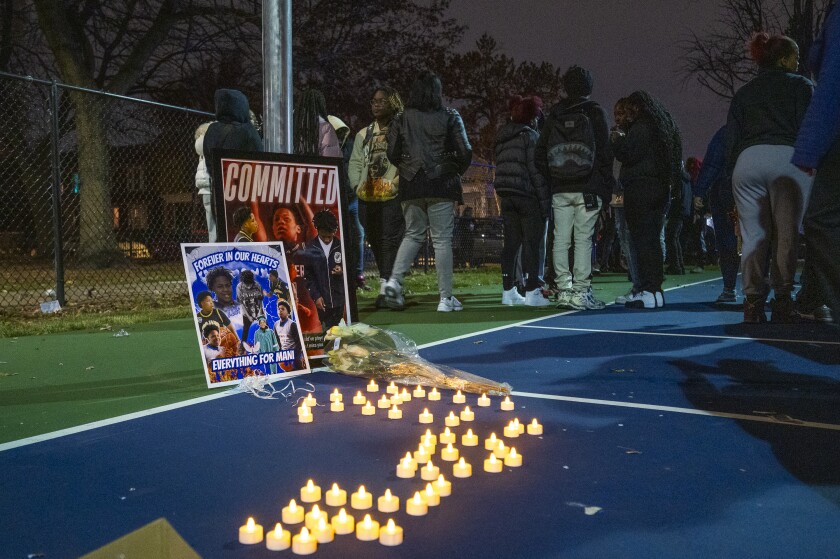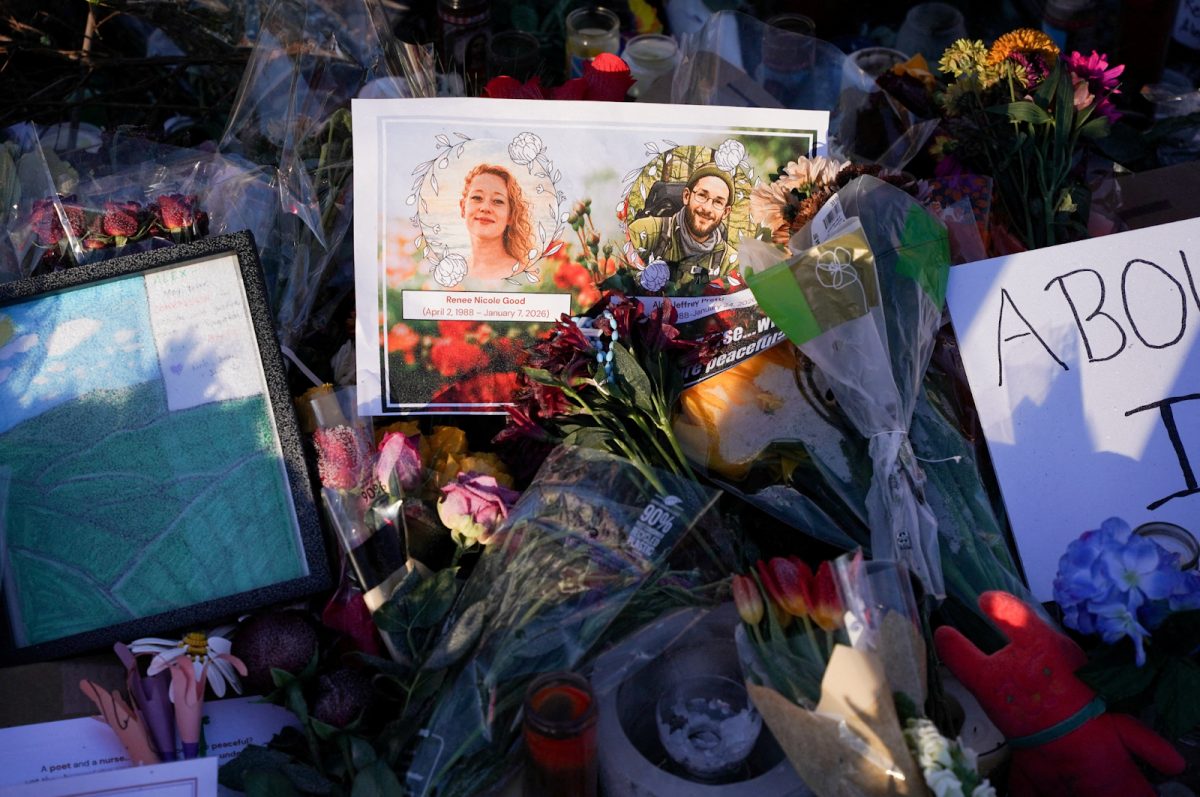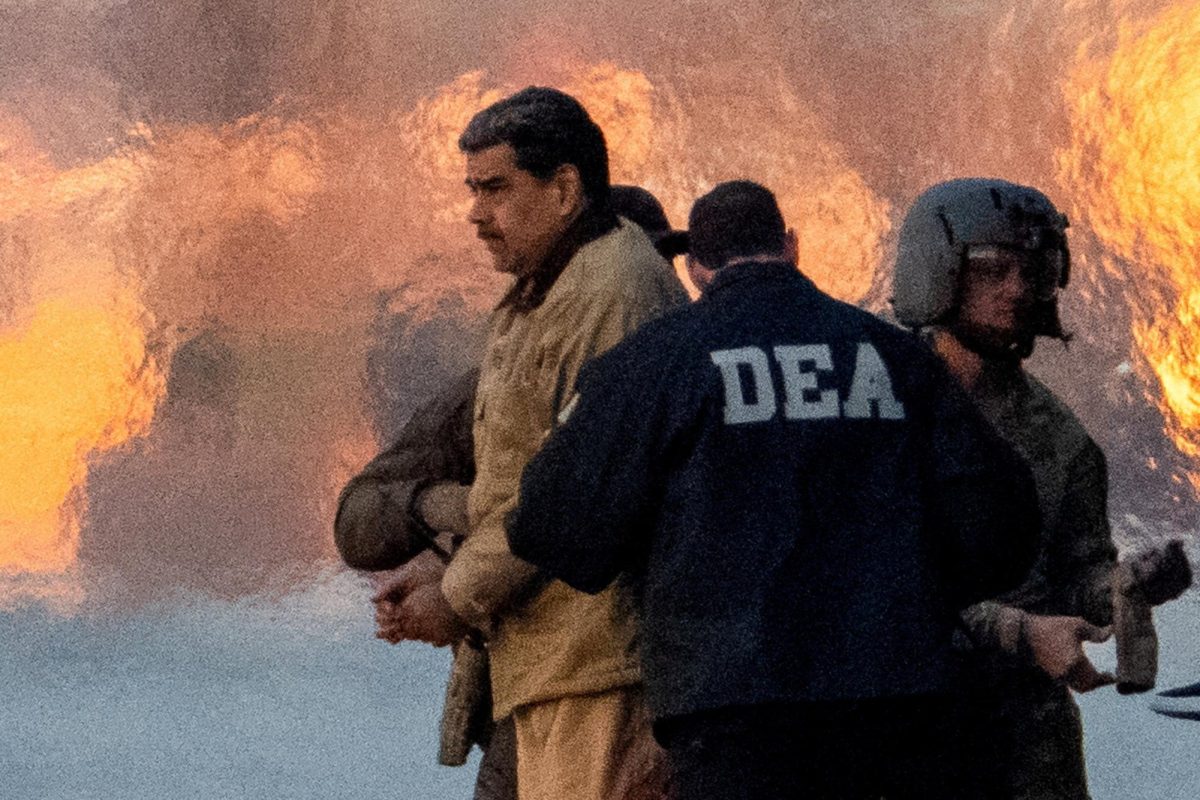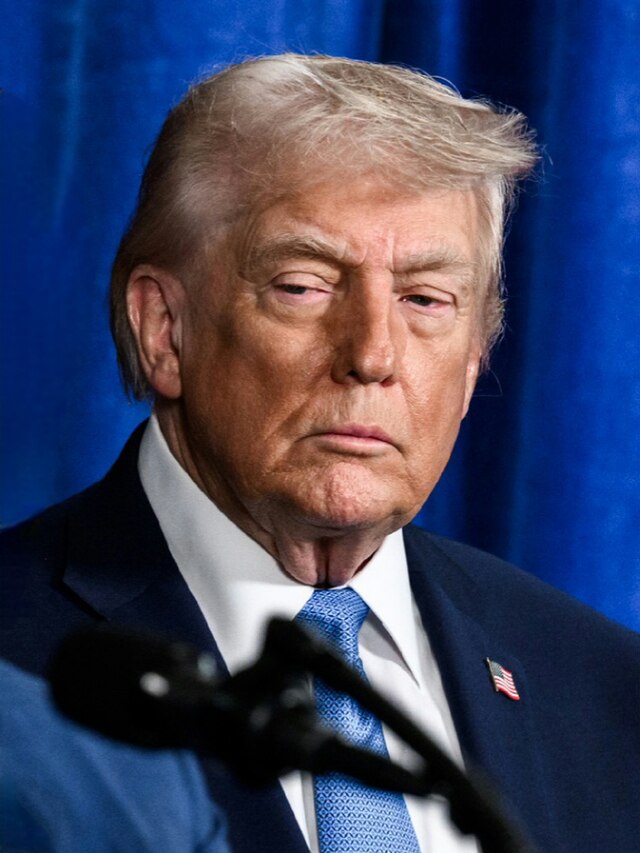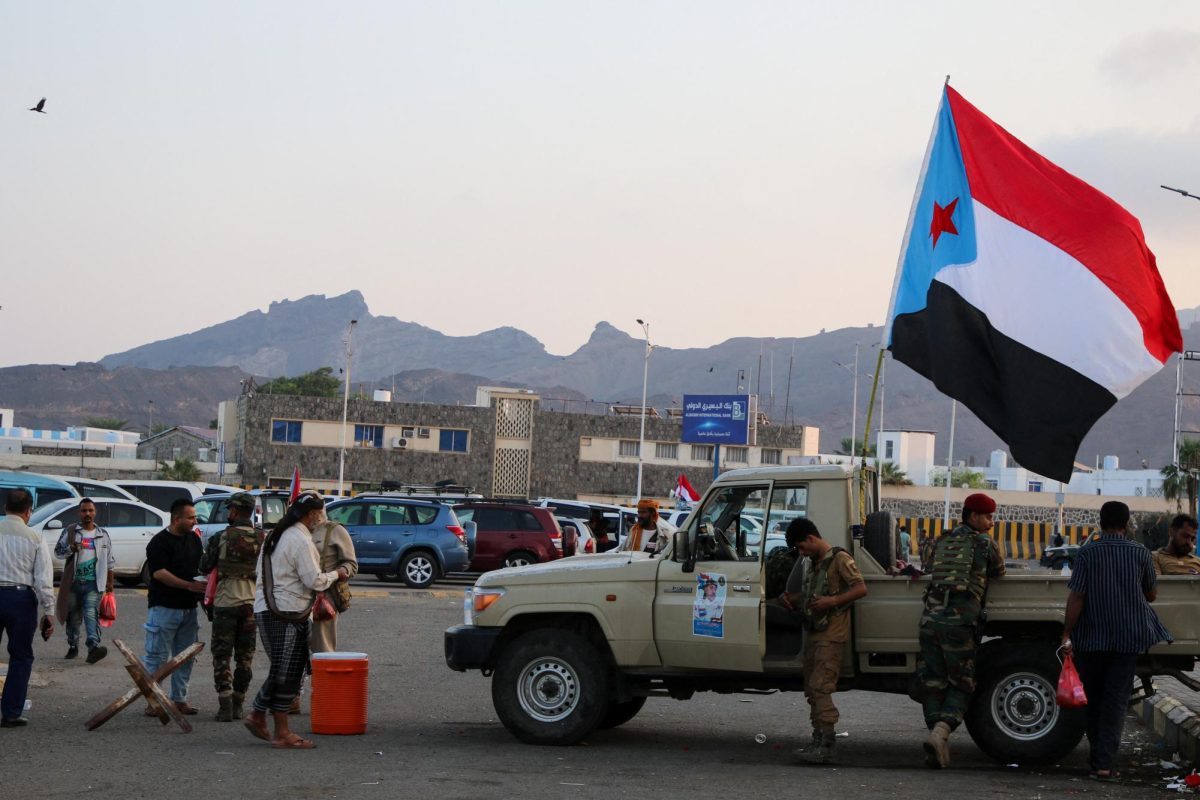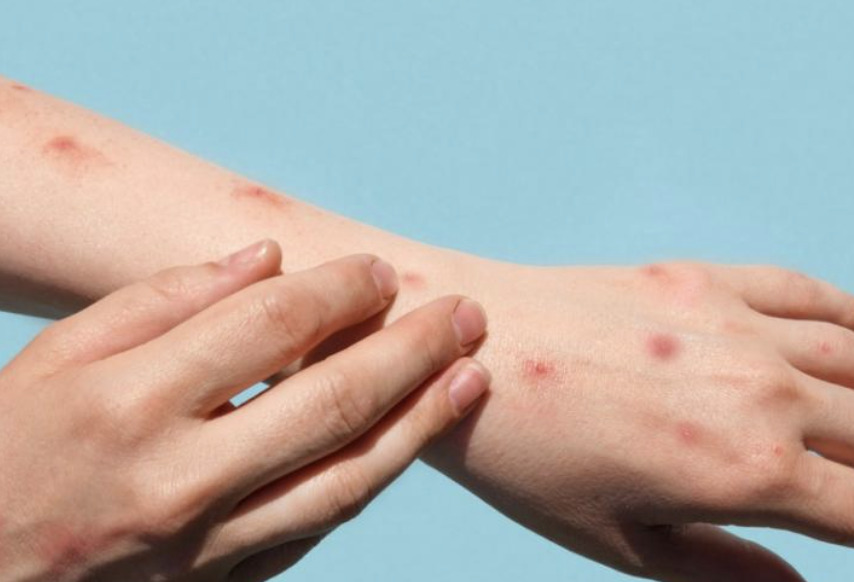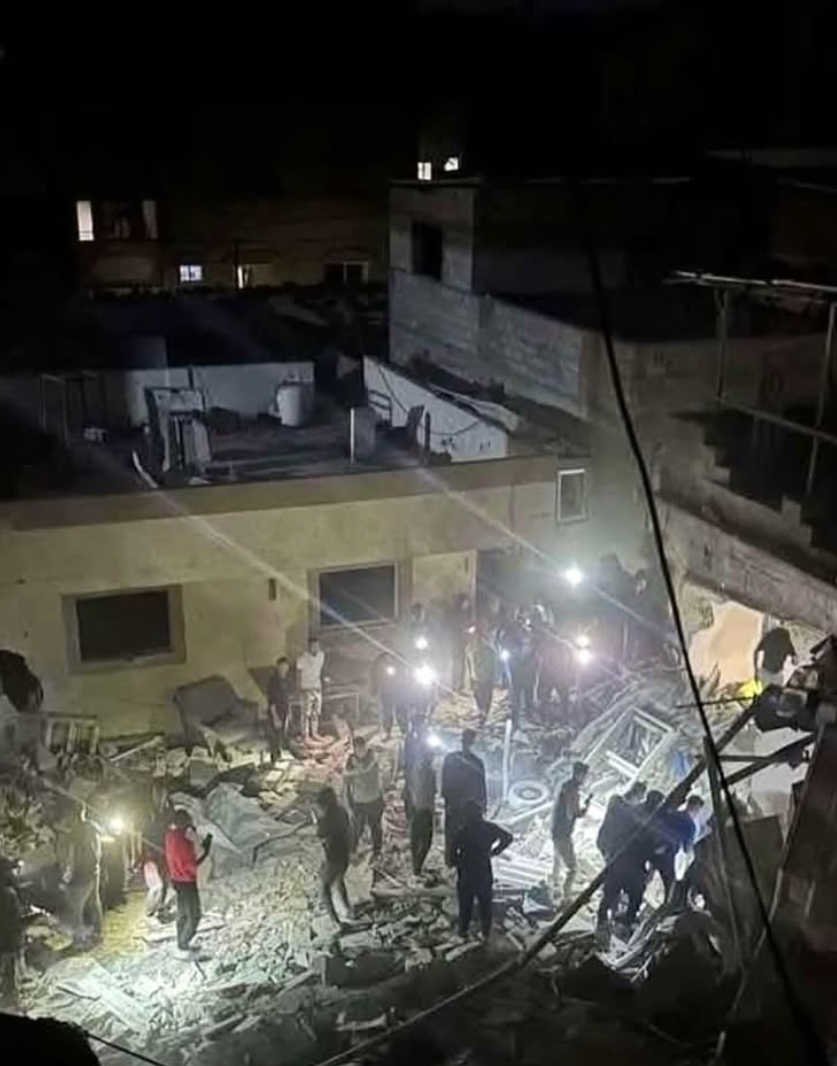The World Health Organization (WHO) has declared the Mpox (formerly known as monkeypox) outbreaks across several African countries a global health emergency. This decision follows the emergence of a new, more transmissible variant of the virus, which has sparked growing concern among health experts worldwide. Although the surge in Mpox cases in 2022 was linked to the clade I strain, the current 2024 cases are attributed to the clade IIb strain, a strain believed to be more infectious and deadly. Director-General Dr. Tedros Adhanom Ghebreyesus announced the declaration of a global health emergency during a press conference held at the organization’s headquarters in Geneva, underscoring the urgency of the situation.
Mpox, historically endemic to Central and West Africa, has surged in cases in recent months, particularly in Nigeria, the Democratic Republic of Congo, and Sudan. This wave of infections has been attributed to a new variant of the virus, which appears to be more transmissible. Dr. Matshidiso Moeti, WHO’s Regional Director for Africa, highlighted the alarming rate of infection. “In the past few weeks, we have seen a dramatic increase in reported cases, with the new variant spreading at an unprecedented rate. This is no longer a localized issue; it has the potential to become a global threat if not contained.”
Health authorities in the affected regions are struggling to cope with the surge in cases. Many hospitals and clinics are overwhelmed and lack the necessary resources to manage the patients. Complicating the situation, Mpox symptoms — painful rashes, fever, and swollen lymph nodes— are often misdiagnosed for other diseases like chickenpox and measles. The WHO’s declaration of a global health emergency puts the international community on high alert. Previously used for COVID-19, Ebola, and Zika virus outbreaks, this designation intends to mobilize resources, accelerate research, and coordinate international efforts to prevent further spread.
Sarah Michealson, an LFA human disease teacher, added that she feels it would be less likely to happen like the Covid pandemic. “Due to the experienced facilities and people aware of the spread of the disease, it would less likely to be chaotic and easily spread like Covid.”
Public health experts urge governments worldwide to enhance surveillance and testing for Mpox, particularly for travelers from affected regions. There are also calls for increased public awareness to educate people about the virus’s symptoms and transmission routes.
When asked about the impact of this outbreak on students at LFA, Dr. Munish Bhatia, an LFA school physician, states an expression that “an illness anywhere could be an illness everywhere”. However, due to the lack of direct contact from the DRC and other heavily affected countries, “the risk of Mpox transmission to the United States is considered to be very low.” She additionally notes the cruciality of “keeping our eyes and ears open and practice good hygiene.”
As the situation continues to evolve, the WHO has pledged to provide regular updates and guidance to the global community. Addressing the stigma surrounding Mpox is key to effective public health. Negative perceptions can hinder individuals from seeking medical care, which may lead to delayed treatment and prolonged outbreaks. Rather than perpetuating stigma, promote understanding and give support and respect to those impacted.






